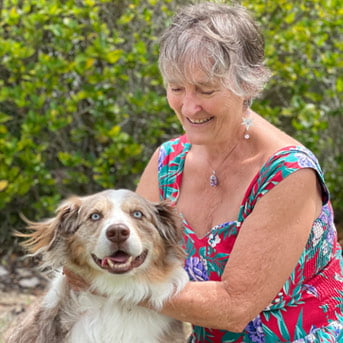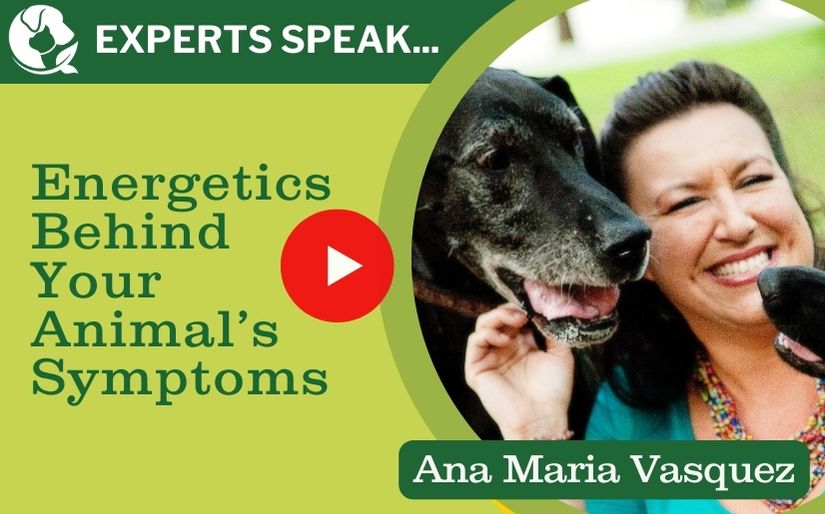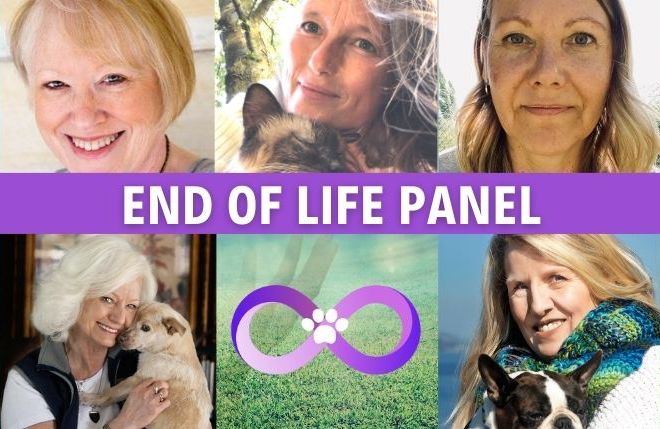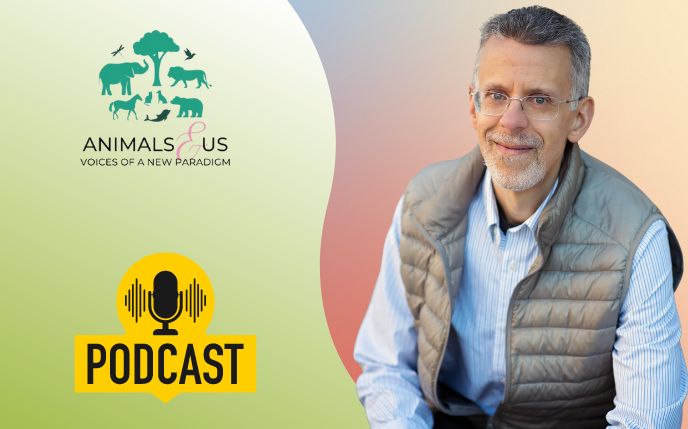
Podcast: a Scientist’s Perspective on Animal Communication
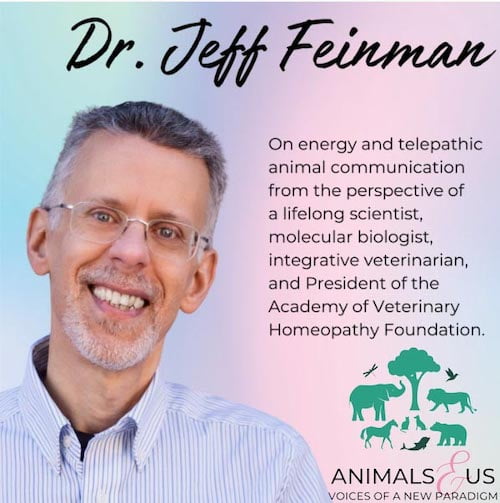
Date: March 2024 | By: Animals Are Us: Avantika Mathur & Dr. Barbara Shor
Description:
Animals may not speak in our language, but that doesn’t mean they have nothing to say. In fact, they have tremendous wisdom and they have important messages for us. In Animals & Us, we explore intuitive interspecies communication and the incredible insights animals have for us all. Join your hosts Dr. Barbara Shor, veterinarian and animal communicator, and Avantika Mathur, public health professional and researcher, as they explore concepts of oneness, spirituality, telepathy, sentience and animal consciousness. Their hope is to inspire people to deepen their appreciation and reverence for animals, nature and all living beings.
Dr. Jeff Feinman brings in a veterinarian and scientist pespective on energy and intuitive animal communication.
Thanks for sharing this podcast with your friends!
To listen click here or click play below


